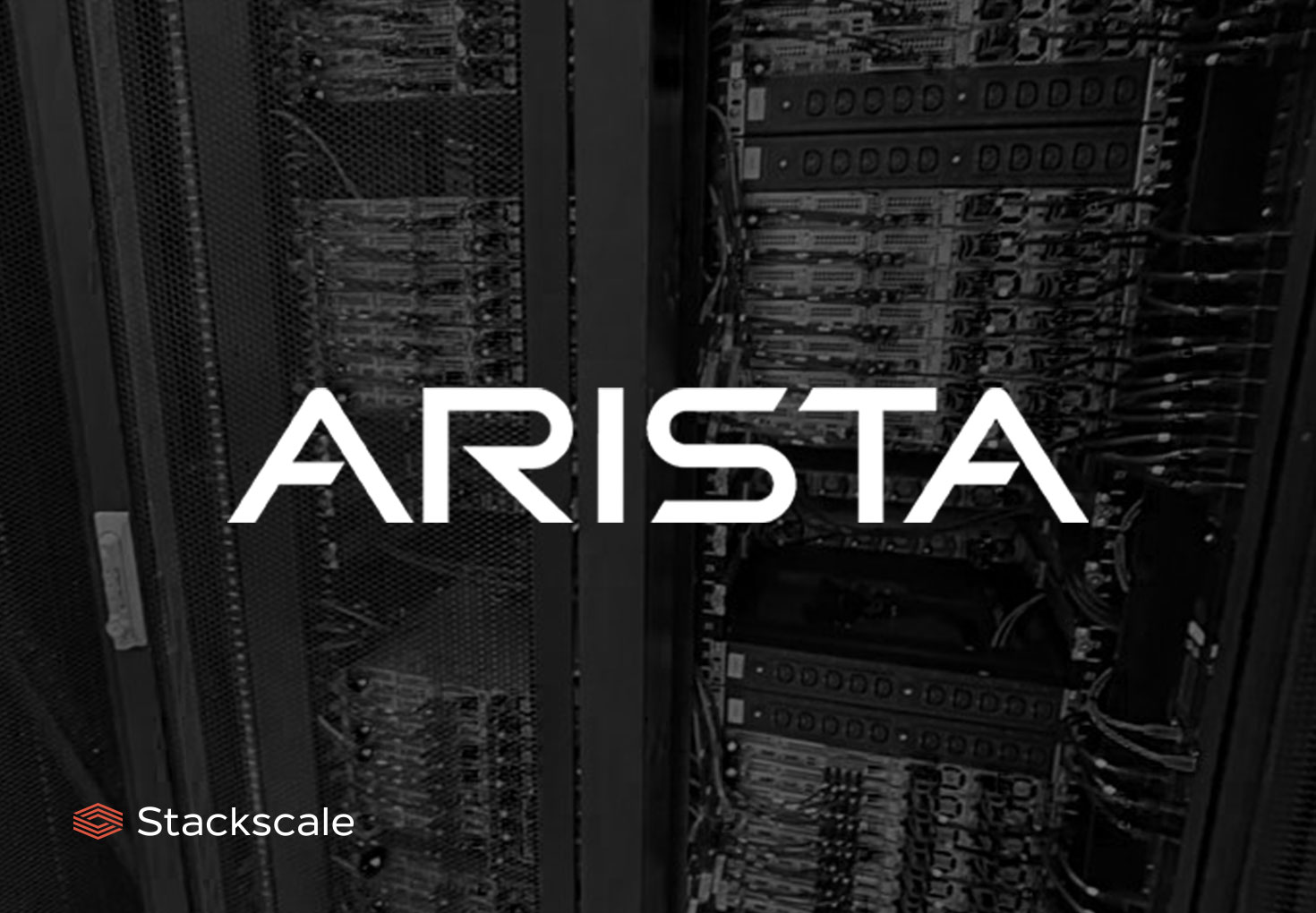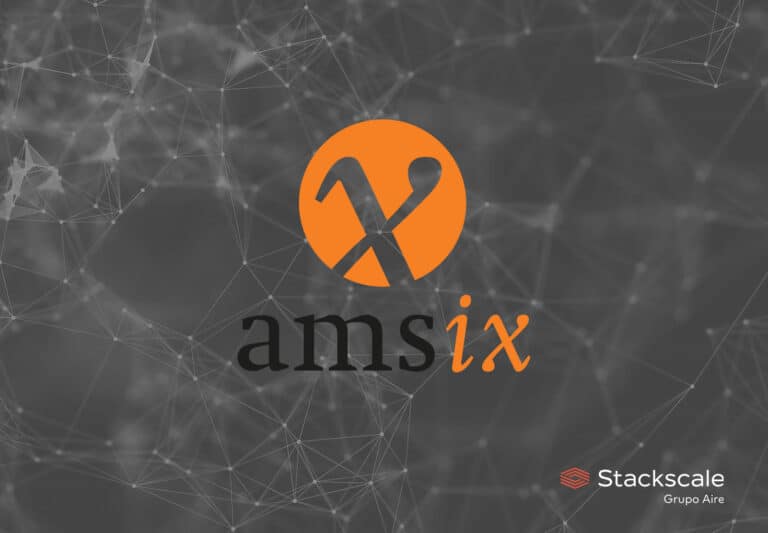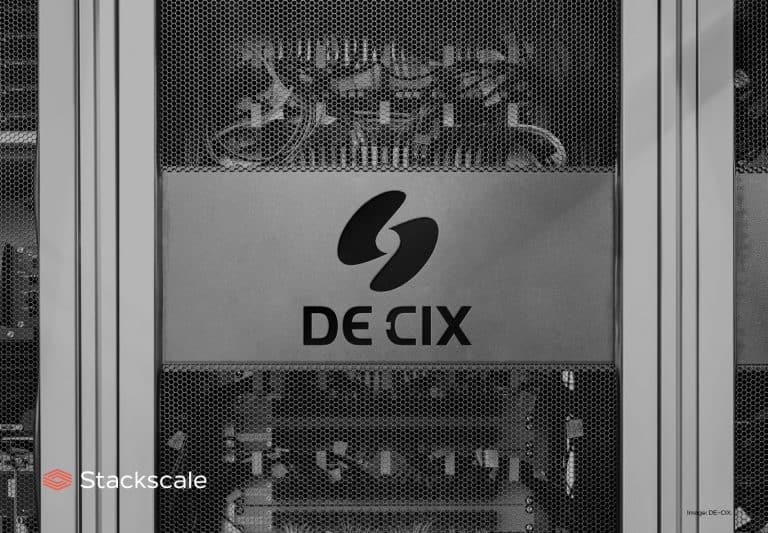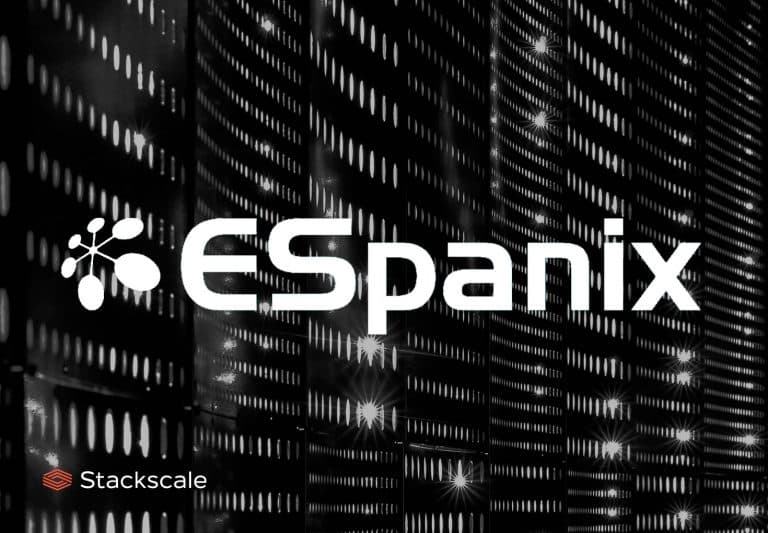Arista Networks develops networking solutions for big data centers and high-performance environments. Stackscale relies on Arista’s solutions, as they provide 10 to 100 Gigabits Ethernet switches that redefine network architectures and improve performance.
What is Arista Networks?
Arista Networks is a networking equipment company headquartered in Santa Clara, California, USA. It was founded in 2004 by Andy Bechtolsheim, co-founder of Sun Microsystems and ex-executive of Cisco. Arista Networks is currently led by Jayshree V. Ullal, an executive with a large experience in the networking industry; former senior vice-president of Cisco. Moreover, the company went public in 2014.
The company designs and sells multilayer network switches intended for big datacenter solutions, cloud computing companies, high-performance computing and high-frequency data environments. Arista’s products include 10, 40 and 100 Gigabit Ethernet technologies.
Arista’s high-end wire-speed and bottleneck-free network devices have proven to have exceptional behavior in this kind of environment. The network devices we have chosen for Stackscale’s network are prepared for the new era of the redundant 40/100 Gbps CORE network, which delivers 4×10 G to each bare-metal server or cloud node.
Arista’s Extensible Operating System: EOS
The network operating system of Arista Networks, EOS, is based on Linux, with an architecture designed to deliver resiliency, programmability and modularity. This extensible OS is the core of all Arista products for cloud networking and next generation data centers.
Arista’s mission on the Internet
Arista offers solutions to build network and IT infrastructures having new environments, such as cloud computing, into account.
Balance between costs and performance
Arista’s solutions offer a costs-performance ratio that allows building cost efficient, non-blocking infrastructures, at 10/40/100 GB. This enables handling mobile workloads, with completely controllable performance spikes and very low latency.
Robustness
Its extensible operating system (EOS) provides robustness and enables in-service software upgrades (ISSU) and the auto-reparation of system processes experiencing any issue, transparently.
Operational simplicity
Finally, it also offers operational simplicity. It is delivered through a single software image with features supported by the whole range of products. Together with a consistent management interface through virtual and physical networks, and 10 GBASE-T technology, which enables the use of standard wires.




